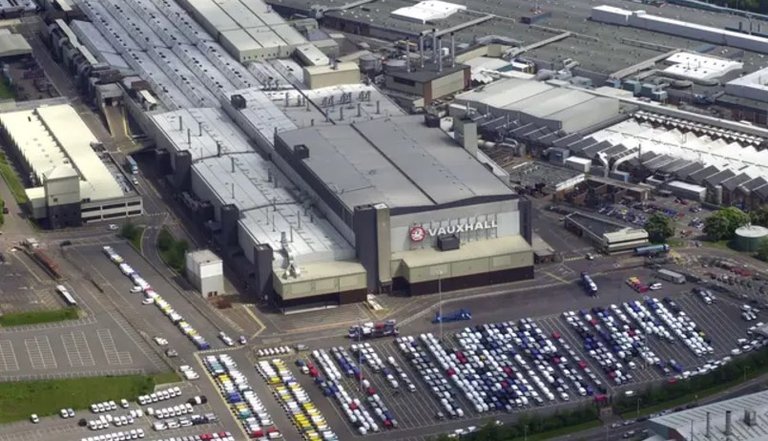For a long time, Vauxhall have been a staple in the Luton area of the UK, having been making cars there for, well over a century now. So it was quite a shock when the parent company of Vauxhall – Stellantis – announced this week that they are closing the plant down.
Stellantis has revealed it will transfer van production to its factory in Ellesmere Port, Cheshire, consolidating its UK light commercial vehicle operations on a single site. This pivot is part of a broader strategy to streamline operations and boost efficiency. The Ellesmere Port facility, already undergoing a £50 million upgrade, is being primed to expand production, with plans to create several hundred new jobs to accommodate the increased workload.
For the 1,100 employees at Luton, the transition presents a mix of challenges and opportunities. Stellantis has committed to offering relocation packages for those willing to move to Cheshire, alongside promises of job support, retraining programs, and local collaboration to create new employment prospects in the Luton area.
The decision doesn’t exist in a vacuum. Stellantis cited “challenging economic conditions” and the looming ZEV mandate as key factors behind the closure. The shift mirrors trends seen across the industry, with Ford recently announcing 4,000 job cuts across Europe, including 800 in the UK.
The ZEV mandate, which requires an increasing percentage of new vehicles sold to be zero-emission, is pushing automakers to adapt quickly. While these policies aim to accelerate the transition to greener transportation, they also require substantial investment and rethinking of manufacturing strategies—pressures that appear to have influenced Stellantis’s decision to consolidate.
The news comes less than a year after Stellantis committed to producing medium-sized electric vans for its Vauxhall, Citroën, Peugeot, and Fiat Professional brands at the Luton site from 2025. The reversal underscores the volatility of the current automotive market, where even well-laid plans can shift dramatically in response to changing circumstances. This is hardly surprising when you consider that Ellesmere Port is the seat of Stellantis’s future in the UK, and where they seem to be focussing on when it comes to the production of EV’s.
So what does this mean for the workers in Luton? Well, it’s the end of an era. Stellantis is promising a “responsible” approach to the transition, with a focus on minimising disruption. Relocation assistance, retraining opportunities, and collaborations with local businesses and authorities are part of the company’s efforts to soften the blow.
The closure of Luton’s plant highlights the immense pressures facing the automotive sector today. From adapting to ZEV mandates to navigating economic uncertainty, manufacturers are being forced to make tough decisions. But as Stellantis refocuses its efforts on Ellesmere Port and its EV ambitions, it’s clear that the future of the industry is being pushed towards electric—and consolidation may be the price of progress. Stellantis seemed determined to take this path, so it remains to be seen how those left behind in Luton manage to pick up the pieces.
 (Image provided by Google)
(Image provided by Google)
Do you know anyone affected by the closure?
Thank you all.
Annabelle ☹️